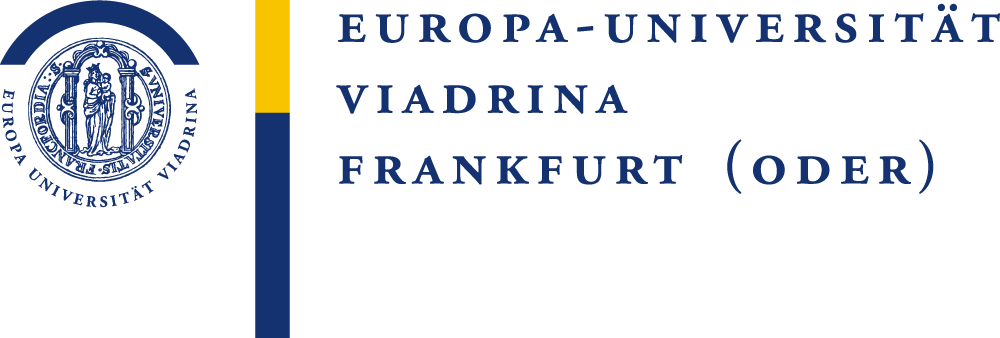Surveillance at the Workplace
As new digital tools increasingly change the nature and the practice of work, legal and social challenges related to surveillance of employees at work require more attention from academia. Contact centers are among the workplaces that have been particularly shaped by various digital surveillance technologies. Because of the highly digitized nature of their work, contact centers’ employees are closely monitored by their employers to measure performance – down to details such as keystrokes on the computer, duration and content of interaction with the customer and log of all breaks.
In this interdisciplinary research project supported by the German-Polish Science Foundation, we examine processes of normalization of new surveillance technologies in contact centers. From a legal perspective, we study how these processes of normalization are affected by the relevant laws and regulations, as well as policy debates. From a social-scientific perspective, we survey the role of employees in defining the norms and values related to technological surveillance.
Through a parallel research in Poland and Germany, the study provides a basis for investigating similarities and differences of changing cultural norms and values in these two neighboring European societies.We will conduct a literature review and a legal analysis in order to identify all relevant legal provisions governing workplace surveillance in both countries. Drawing on in-depth interviews with selected experts and employees in each country, we will gain understanding of the norms and values of key stakeholders.
Publications
Bronowicka, Joanna, Mirela Ivanova, Wojciech Klicki, Seán King, Eva Kocher, Julia Kubisa, and Justyna Zielińska. 2020. ‘‘Game That You Can’t Win’? Workplace Surveillance in Germany and Poland’. Frankfurt (Oder): European University Viadrina. https://doi.org/10.11584/opus4-494 Download PDF
This report concludes a project about workplace surveillance in Poland and Germany with a particular focus on monitoring in call centres. In order to understand normalisation of surveillance technologies at work, we studied how this process is affected by legal norms, political discourse and attitudes of the call centre employees in both countries. We analyzed the German and Polish law following the coming-into-force of the EU’s General Data Protection Regulation (GDPR). We also conducted in-depth interviews with call centre employees, as well as with experts from trade unions, employer’s associations, and public institutions, who influence the political discourse on the topic. The interviews revealed that despite the recent legal changes, prompted by the introduction of the GDPR, experts from both countries still consider current legislation on workplace monitoring as too imprecise. We also found that call centre employees had very little awareness of their rights concerning privacy and data protection at work, and that their attitudes towards workplace surveillance varied greatly depending on their norms and values, as well as on the workplace conditions.
King, Seán. 2020. ‘On the Clock and Under Watch: A Review of the Literature on Electronic Employee Surveillance, with a Focus on Call Centres’. Arbeit | Grenze | Fluss. Work in Progress Interdisziplinärer Arbeitsforschung 4.
This paper examines the academic literature on surveillance at the workplace, taking call centres as a case study of an industry known for high levels of such surveillance. Supervision and monitoring have long been central facets to the employer-employee relationship, but with the rapid advances of various technologies in the last number of years the extent to which bosses can monitor and track their workers has increased massively. This paper looks at what has been written on the reasons behind this intensifying monitoring and outlines with examples some of the methods and technologies that are being used, as well as the impacts such technologies can have on the workers being tracked.
Middel, Lukas. 2019. ‘Workplace Surveillance in the Light of Employee Data Protection’. Frankfurt (Oder): European University Viadrina. https://doi.org/10.11584/opus4-462 Download PDF
Analysis of the development and status quo of the German law on data protection of employees. The author shows how the law has been hallmarked and shaped for decades by the case-law of the Federal Labour Court which he considers balanced and characterised by a considerable sensitivity for the fundamental rights at issue, while also stating that case-law should not be a substitute for a comprehensive in the area.
Research team
- Eva Kocher, Faculty of Law, European University Viadrina
- Joanna Bronowicka, Mirela Ivanova, Séan King, Centre for Internet and Human Rights, European University Viadrina
- Julia Kubisa, Justyna Zielińska, Institute of Sociology, University of Warsaw
- Wojciech Klicki, Panoptykon Foundation
Funding
The research is supported by the German-Polish Science Foundation – Deutsch-Polnische Wissenschaftsstiftung (DWPS)

